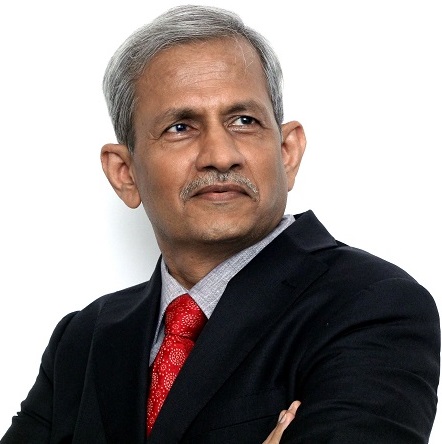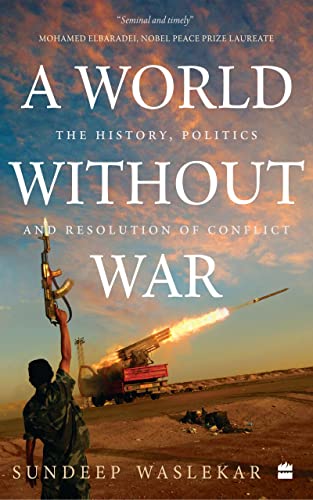With politicians around the world leveraging nationalism, the idea of the world turning into a single global village now seems a long way off, unless humanism triumphs and takes center stage in world politics.
The invention of hypersonic missiles, killer robots and lethal pathogens, along with the rise of nationalism and intolerance, has made human civilization more vulnerable than ever. The world is sitting on a powder keg and the situation grows darker by the day.
Society may be able to withstand terrorist attacks, climate change and pandemics, but humanity cannot survive a global war with nuclear weapons.
The existential risks to human civilization have been raised in the context of two cold wars: the one between the West and Russia and the one between China and the United States, which extends beyond a possible tinderbox in Taiwan. All three of these countries are preparing for World War III using nuclear and biological weapons. Even if the war takes place in these three countries, it will affect every country in the world.
The greatest challenge facing humanity is to prevent these two cold wars from turning into a great war of human extinction. It would be naive to believe that the use of nuclear weapons will be limited to a tactical attack against a circumscribed place. A future world war will see thousands of missiles raining down with a nuclear payload. Within hours, much of humanity will be wiped out. Preventing a major war must therefore be our top priority.

These are some of the key concepts of the book “A World Without War” by Sundeep Waslekar. The author is chairman of the Strategic Foresight Group, an India-based think-tank that has worked with or on 65 countries on four continents since its founding in 2002. He is also a Senior Research Fellow at the Centre for the Resolution of Intractable Conflicts in Oxford.
The author’s ideas and arguments in the book are also derived from his experience as one of the six signatories of the Normandy Manifesto for World Peace 2019. The book is a compilation of all the thoughts behind the Manifesto.
In the book Waslekar moves from examining the root causes of war to proposing a global social contract for lasting peace. Drawing on his extensive research in politics, technology, philosophy and history, he discusses the origins of war and weaponry, the dangers inherent in the introduction of new weapons and the chilling links between nationalism and war.
Also, the book emphasizes the devastating circumstances that a world war would entail and urges readers to start thinking about a world without war and the paths to building such a future for the survival of the human race.
I decided to write this book as a wake-up call to deniers on both sides. Those who close their eyes to the risk of our collective extermination, as well as those who want to remain blind to the potential for universal transformation. – Waslekar
The author argues that war is a matter of choice and stresses that peace is essential for human beings to realize their true potential.
I used the metaphor of the apocalypse clock to support my thesis of a movement from midnight to morning, from a world at the gates of the apocalypse to a world without war. – Waslekar
In essence, the author argues that war is a matter of choice and stresses that peace is essential for human beings to realize their true potential. Waslekar also emphasizes the devastating circumstances that a world war would cause and urges readers to start thinking about a world without war and the paths to building such a future for the survival of the human race.
The threat of nuclear war may seem distant to many, but the truth is that in many countries a single leader or a small group of leaders has the power to trigger a nuclear attack. The risk of war is very real and has the potential to end human civilization.
Most people live in denial of such an existential risk because they believe it is not imminent. For them, the book should serve as a wake-up call.
The book “A World Without War”, by Sundeep Waslekar, is published by HarperCollins.








